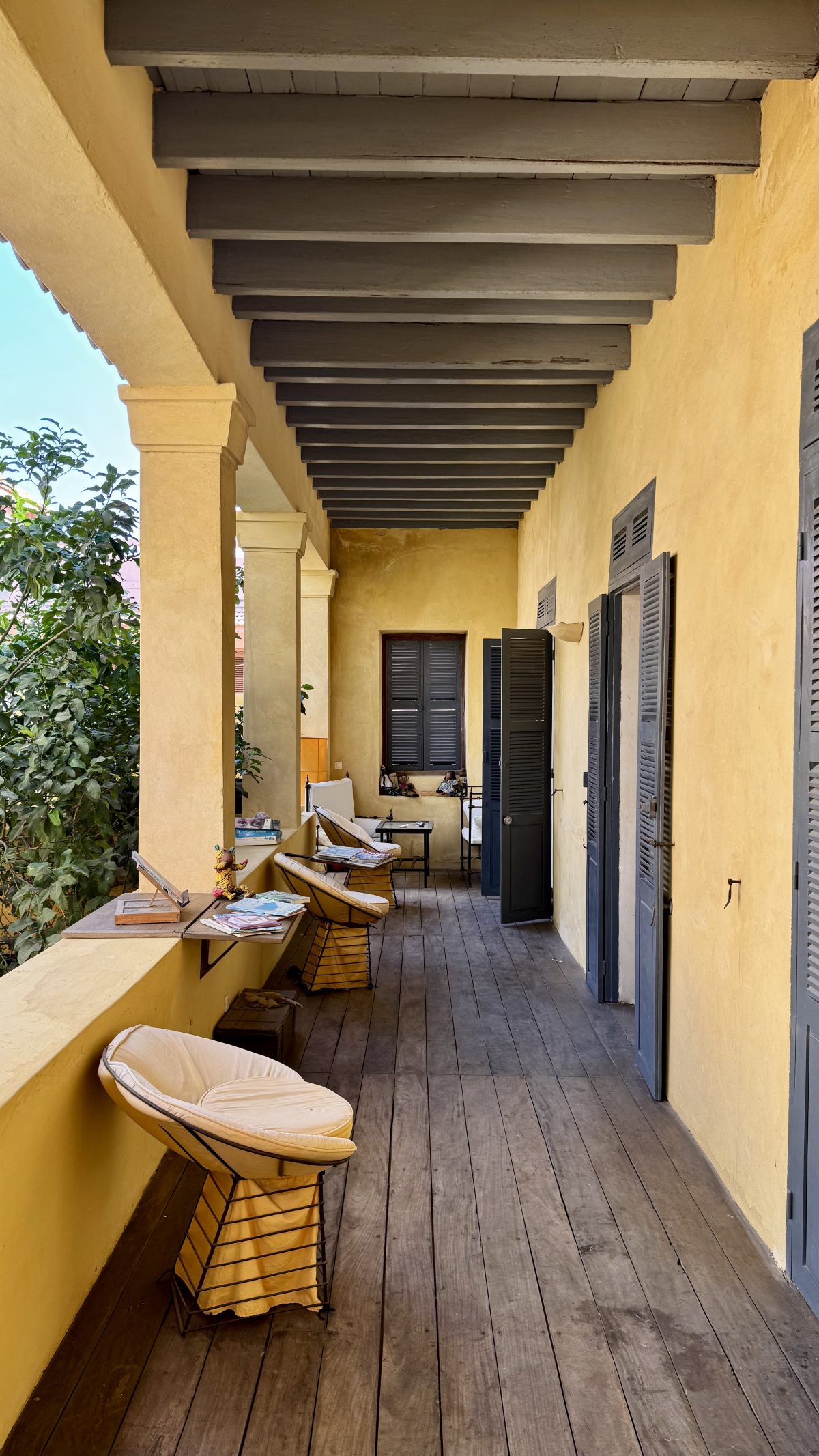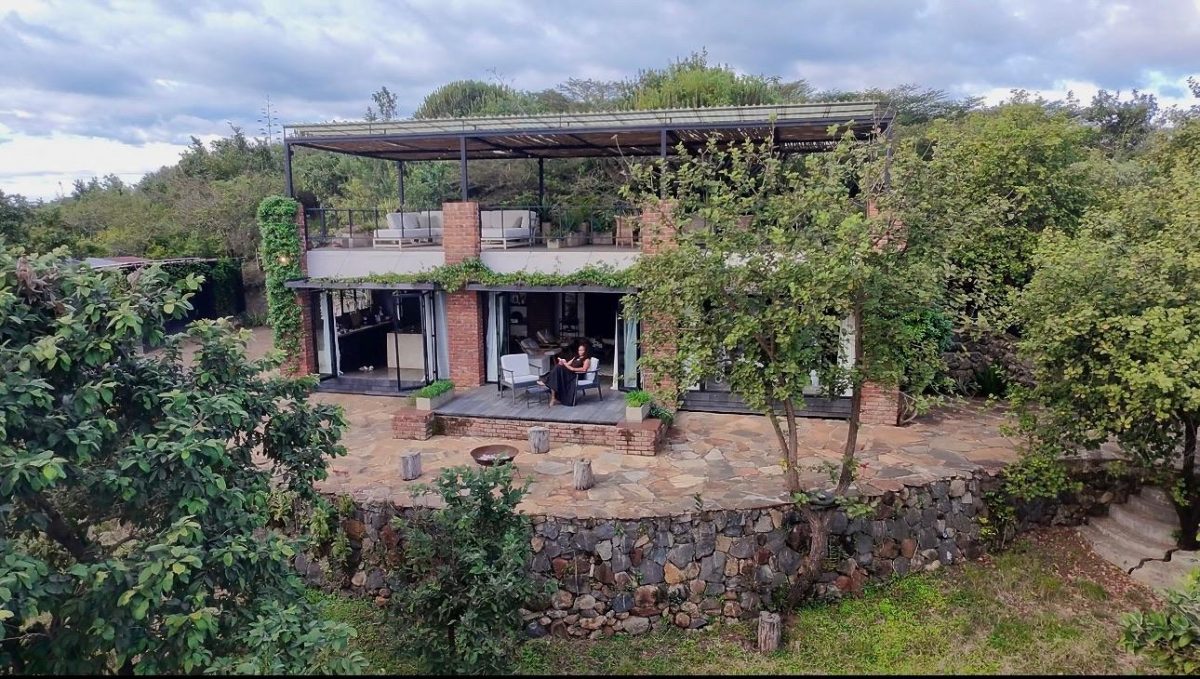Your cart is currently empty!
Category: Property Reviews
Au Fil Du Fleuve: A Boutique Experience In St Louis, Senegal
There are places you visit, and the experience stays with you long after you’ve left. Au Fil Du Fleuve (which means “along the river” in French) in Saint-Louis, Senegal, was one of those.
Nyumba Ndoto: A hidden Gem in Arusha, Tanzania
Arusha, dubbed the “Geneva of Africa,” offers a tranquil escape at Nyumba Ndoto, a serene cabin surrounded by nature. Guests appreciate spaciousness, breathtaking views, and thoughtful design. Equipped for relaxation, this off-grid stay encourages mindful living. With cozy pods for added privacy and a well-stocked kitchen, it’s perfect for small groups seeking tranquility.

